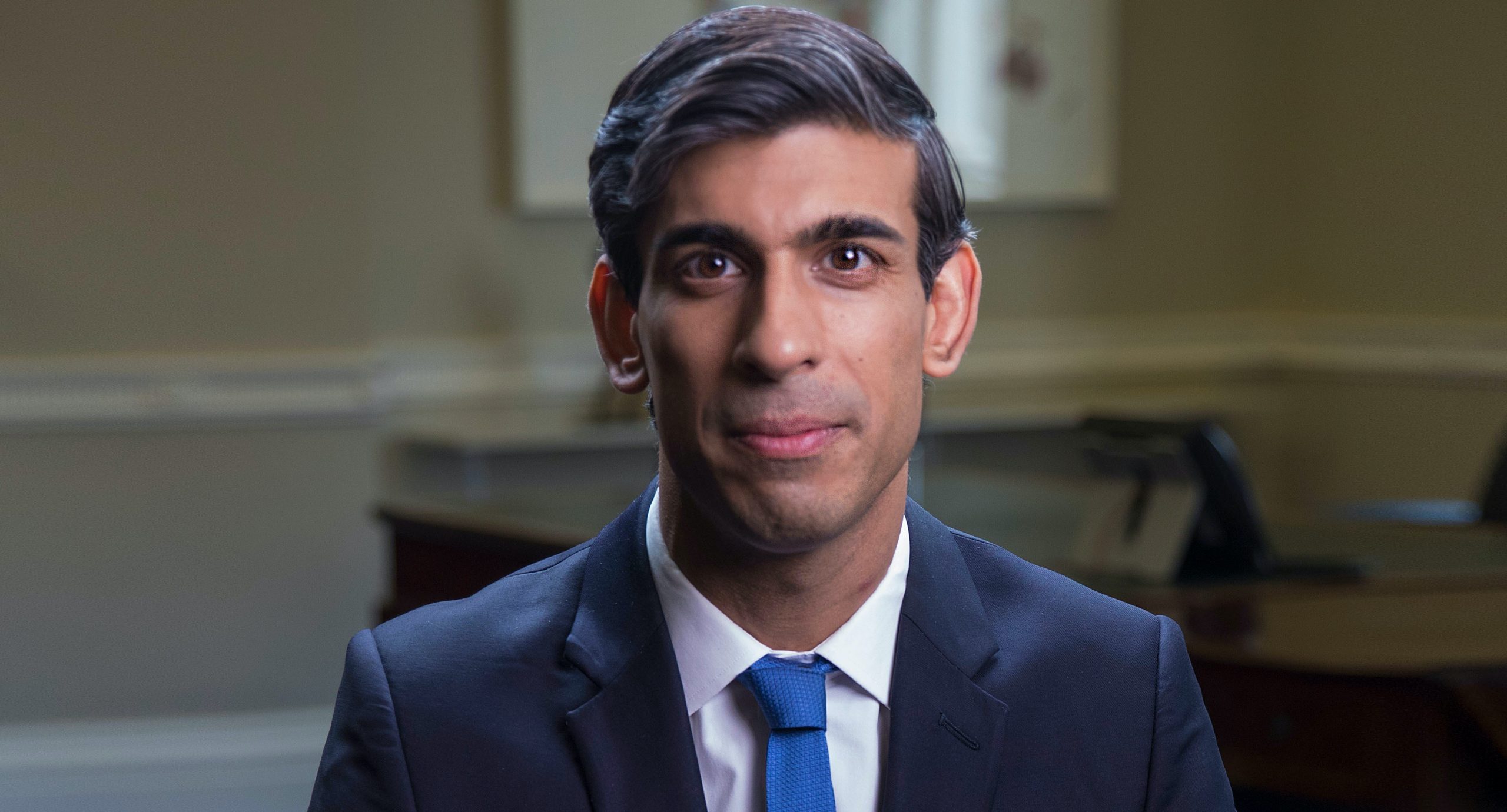Following former Prime Minister Liz Truss’ swift exit from 10 Downing Street, all eyes are now on new Tory leader Rishi Sunak to restore his party and lead the United Kingdom out of an economic crisis. A party described as ‘ungovernable’, a strong pointing finger from the opposition, and anger from the British public, Sunak enters Parliament at a time where definitive decision-making and strong redirection are demanded. Now, Britain awaits the fulfilment of Sunak’s promises to restore integrity and provide confidence in the government’s agenda, acknowledging that “trust is earned”.
Leaders like Rishi Sunak, who enter an organisation on its knees will in no doubt discover immediate hurdles of damaged trust, lost direction, and weakened stakeholder relations. So, what is the best approach to such challenges, and what should be prioritised?
Step 1: Rebuild trust
Whether it’s a series of managerial changes, scandals or financial fiascos, periods of uncertainty inevitably weaken trust in organisational relationships both internally and externally. The new Prime Minister must gain confidence in his competency from both his party and the British public. A stable future sits on a foundation of stakeholder confidence from all angles, meaning leaders like Sunak must prioritise rebuilding this first and foremost.
Internally, low employee trust presents itself as poor motivation, productivity, unity, and collaboration. A culture of fear could be running rife; in times of uncertainty, the inevitable human response is to resist change, which in this case is new leadership and ways of working. To encourage a sense of security, ensure employees feel valued under new leadership; cultivate an environment that encourages two-way open communication and welcomes employee feedback and input. Here, it takes advanced leaders to effectively extract and process information from others and use this to inform new bold strategies to move forward. Regular internal comms on the vision, plans and progress will only continue rebuilding trusting internal relationships by demonstrating honesty from top levels of the organisation while fostering a sense of belonging within the team – “we’re all in this together” is a much-hackneyed phrase but getting this buy-in is essential. Once employees begin to sense camaraderie and shared purpose, leaders will experience greater internal engagement and support in their decision-making. After all, a team’s unity, ability to collaborate and motivate all stem from a shared faith in the leader and organisational direction.
Externally, reduced consumer confidence, investor disinterest and unhappy suppliers are all red flags pointing to signs of low trust. For the new Prime Minister, a key challenge will be restoring Britain’s national credibility following the Bank of England’s recent intervention over Truss’ failed ‘mini budget’. Without restoring reputational damage, leaders will not secure external support for future decisions and strategies, which threatens the financial and competitive security of the organisation. Unlike employees, external stakeholders are less concerned with a firm’s managerial capabilities but instead base trust on the leadership team’s technical competence. To earn trust with these audiences, new leaders must focus on demonstrating absolute integrity and treating each stakeholder group as a separate entity; whether it’s proving quality and value to customers, delivering financial security and projected growth to investors or ensuring prompt payment to suppliers.
Step 2: Develop adaptability
As technology rapidly advances, leaders must move with pace. A pivotal lesson Covid-19 left us with is the importance of responding quickly to external environmental factors. Whether it’s a global pandemic, the rising cost of living, climate change or war, business’ can maintain their competitive edge through organisational adaptability. “Resilient agility”, a combination of adaptability, grit, fortitude and emotional resilience, is a crucial leadership trait. It enables organisations to respond quickly to fast-changing situations while still delivering against corporate objectives. Furthermore, no matter what the macro environment throws at a business, an adaptable leader who can build teams with a flexible and positive outlook on change will mitigate the ambiguity and complexity of an uncertain environment. To ensure resilient agility becomes widespread throughout the organisation, emotional intelligence (EQ) is fundamental for establishing the trusting relationships required and projecting gravitas and calm authority during difficult times.
Step 3: Never waste a crisis
Promptly leading with a ‘business as usual’ strategy after a challenging period will only prevent learning opportunities and risk its recurrence. Instead, impactful leaders will reframe crises as opportunities for growth, identifying where bold adaptations should be made by thorough investigation of the core issues unveiled. Rather than interrogating and finding blame, leaders operating a ‘fail fast’ strategy upon their arrival will immediately begin fostering an environment that encourages curiosity, experimentation and exploration of new concepts. Fear of making mistakes will only discourage contributing ideas to avoid risking their personal reputation, ultimately hindering the innovation required to transform the business and gain competitive edge.
Step 4: Build vision and look ahead
A leader with vision is no use without the ability to win buy-in from the people who land it. An inspiring speech won’t be enough to win over a team after periods of severe uncertainty and failure.
Take Christian Horner, for example. Recently discussing his first day as Principal for Red Bull Racing on ‘Diary of a CEO’ podcast, Horner describes a disgruntled workforce, a secretary in tears and a half-drunk coffee on the desk of his predecessor who was fired earlier that morning. As the youngest Formula 1 Principal of his time, it required months of engaging and listening to his workforce to gain their respect following a “revolving door” of managerial changes. Identifying a ‘blame culture’ between departments that prevented unity and collaboration, Horner was able to build a greater sense of purpose by focusing on providing the technical direction needed to redefine Red Bull Racing’s winning mindset. Moreover, new leaders should avoid asserting power over sceptical stakeholders – such as Elon Musk’s recent ultimatum to Twitter staff over his new working terms. Instead, a shared vision throughout the business and long-term support of decisions can be earned by working alongside teams to gain a better sense of how to transform the business to be a thriving organisation.
To conclude, new leaders must be prepared to face immediate hurdles and hostility upon arrival when entering organisations in need of change and transformation. People are at the heart of every organisation, and so engaging with internal and external stakeholders to rebuild trust, reputation and purpose will enable a leader to turn around a business and work through periods of uncertainty.
About Chris Underwood
Chris Underwood is the Founder and MD of Adastrum Consulting, an Executive Search and Leadership Development consultancy, which focuses on bringing in talent to manage organisational transformation and drive business performance. The company has advised FTSE 100 and Fortune 500 companies, professional services organisations and venture capital-backed start-ups and Private Equity scale-ups to appoint the right and most appropriate talent.











